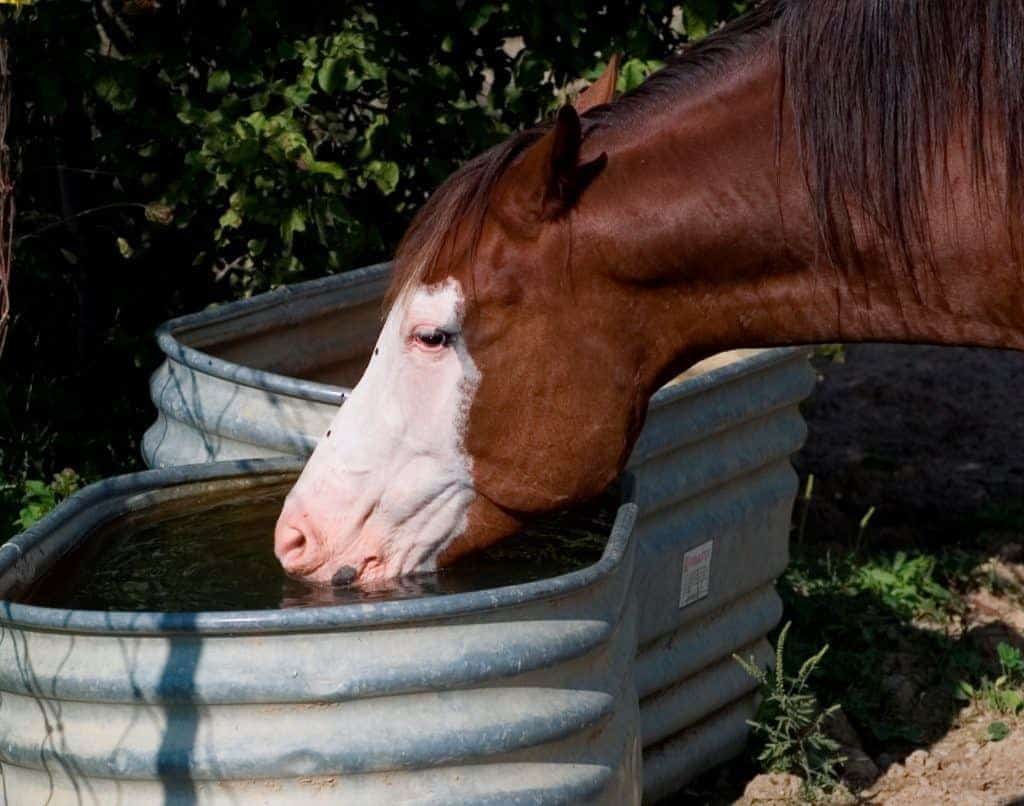
Why Is It Important to Protect Waterways from Horses?
Horses for Clean Water’s Alayne Blickle shares reasons to protect streams from livestock and how to do it.

Horses for Clean Water’s Alayne Blickle shares reasons to protect streams from livestock and how to do it.

From providing water and electrolytes to monitoring the temperatures and riding accordingly, remember these top tips.

Organizers and volunteers are working to ensure an adequate water supply for participants in the 100-mile ride.

Of the 804 respondents, 429 said they give their horses electrolytes year-round, after hard work, or during the summer.

Livestock can damage fragile waterways. Horses for Clean Water’s Alayne Blickle shares how to keep horses off yours.

The equine body requires electrolytes; their levels govern functions ranging from muscle contraction to fluid transfer between cells to hydration.

Of the 338 respondents, 121 (36%) said they use or are most familiar with Ritchie waterers.

Of the 1,144 respondents, 485 (42%) said they use a stock tank to provide water for their horses.

Many owners have implemented water conservation practices at their facilities. Here’s how they’re faring.

Drought conditions pose unique health care and management challenges for horse owners. Here’s what you need to know.

Our new community water source is “hard” water, with higher levels of calcium and magnesium. Should I be concerned?

Do you really want to wrestle with frozen hoses? Here’s what to know about automatic waterers.

Colic is a threat to horses, especially during cold weather. Our experts share feeding and hydration tips to protect your horse.

Here’s what current research, or lack thereof, is telling us about common equine supplement ingredients.

Find out from Dr. Nancy Loving how frequently a horse needs to drink during the winter to stay healthy.

Dr. Nancy Loving talks about the risks horses face when they don’t drink enough during the winter.
Stay on top of the most recent Horse Health news with
"*" indicates required fields